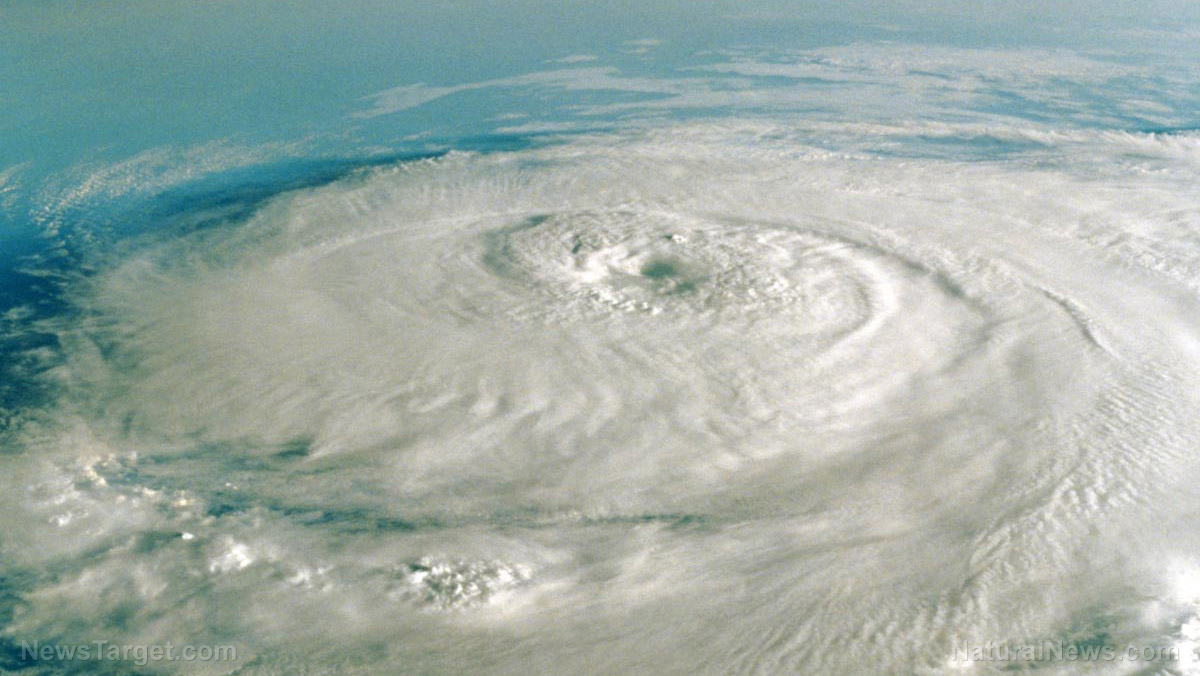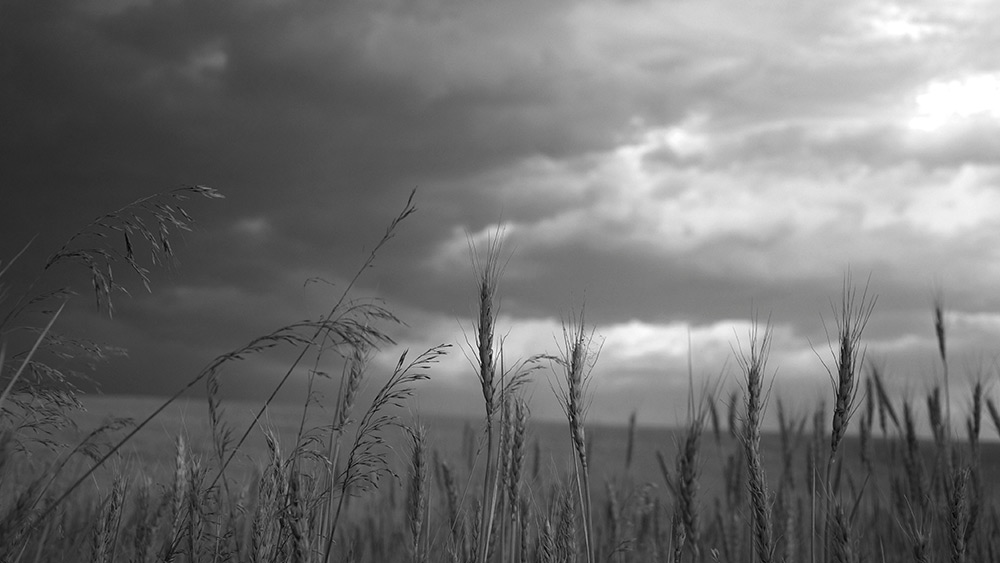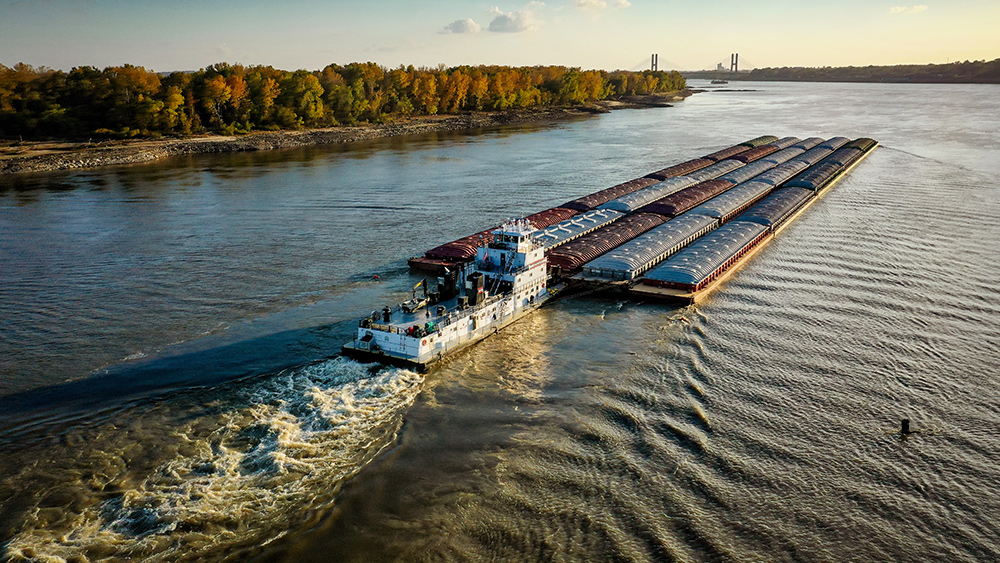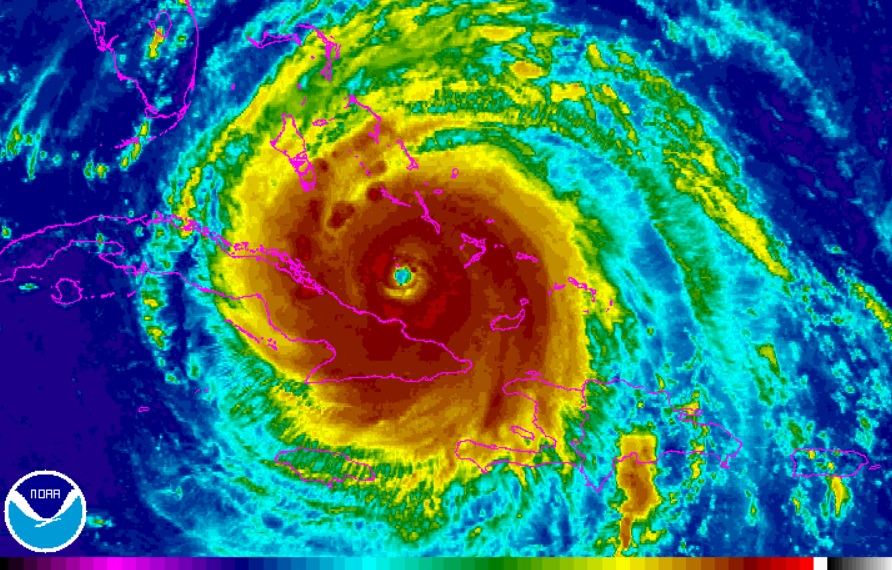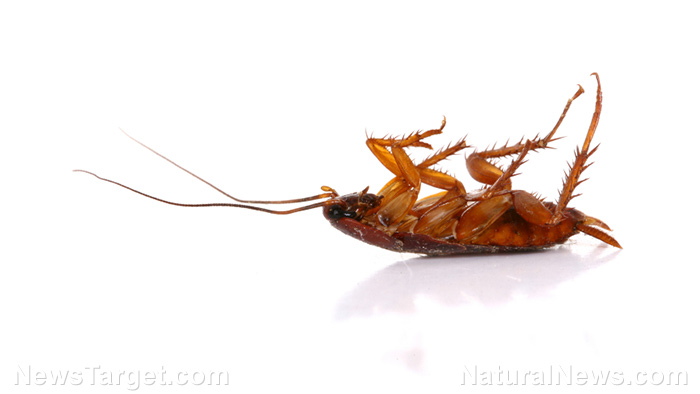Conservationists study rare species to understand how biodiversity protects ecosystems – and humans
11/17/2019 / By Grace Olson
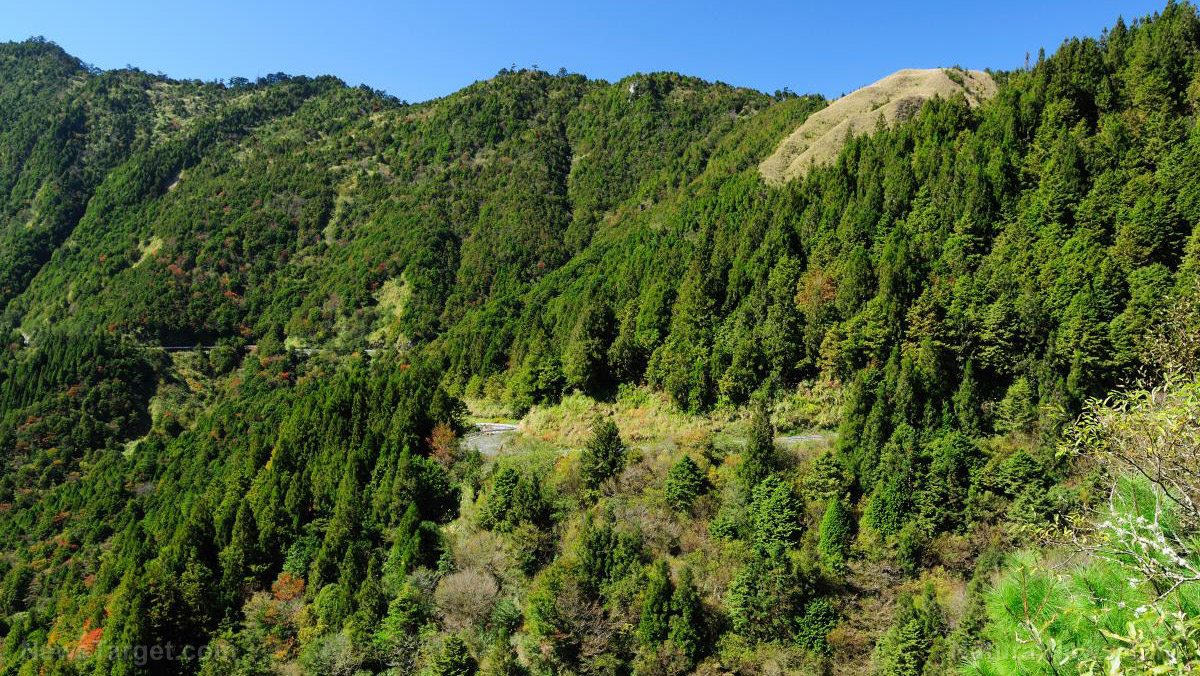
Conservationists aim to preserve – and potentially save – different species and ecosystems around the world. This is especially vital for rare species, but scientists have found that research on how rare species impact ecosystems are sorely lacking.
A recent study from the U.S. and Australia highlighted the need to identify how these rare species contribute to their ecosystems. The paper, published in Trends in Ecology and Evolution, also pointed out the need for forward-looking research to better understand the benefits they confer to humans. This could help ground the importance of rare species and help raise awareness.
The researchers – who collaborated through the Long Term Ecological Network, an institution funded by the National Science Foundation – believe that studies such as theirs can help shape global policy initiatives and set more concrete measures to preserve rare species.
The need to identify the role of rare species in the ecosystem
A species is considered rare when it exhibits any of the following characteristics:
- Small local population
- Restricted geographical range
- Narrow habitat breadth
A combination of these factors affects how rare a species is and its likelihood of extinction. Given that certain species have incredibly limited habitats and populations, they are more prone to disturbances in the environment. These range from natural causes, like storms or flooding, or human-induced causes, like excessive hunting and logging. Either way, both have significant effects on the population of rare species. (Related: Humans have increased animal extinction rates by 1,000 times.)

Rare species – like China’s giant pandas, California’s sequoias, and the Atlantic bluefin tuna – are more valuable than people realize. The common misconception is that because they are few, they do not have a lot to offer to the environment. Despite their low numbers, it’s important to remember that each species interact within an ecosystem. When one species dies off, it creates a chain of reactions that upsets this balance.
The main problem is that scientists have yet to identify the exact roles of rare species in that balance. As Stephanie Pau, a researcher from Florida State University, pointed out: “Identifying the ways that rare species make these contributions is a key link between protecting biodiversity and valuing ecosystem services.”
In the study, researchers posited that once people become aware of how rare species personally affect them, it could encourage them to place measures and policies that protect these rare species. For example, increasing the population of bluefin tuna makes them a more viable food source for humans.
What happens when rare species go extinct?
An international study published in Proceedings of the Royal Society B explored the possible consequences of rare species becoming extinct. Researchers examined the role of rare species in their ecosystems. They focused on three species: stream fish from the Brazilian Amazon, rainforest trees from French Guiana, and birds from the Australian Wet Tropics.
The team found that these three species had exceedingly significant roles and contributions in their habitat. Losing them would not only harm but ultimately change the organizational structure of their ecosystems.
“Losing rare species would reduce the functional richness, specialization, and originality of assemblages more than expected under a random loss of species,” they wrote in their report.
It’s evident that the role of rare species, despite their small numbers, is irreplaceable in their communities. Concentrated efforts must be enacted to preserve them. This not only benefits the animals around them but humans as well – since they are also affected by changes in the environment.
Learn more about the importance of preserving the environment and rare species at Environ.news.
Sources include:
Submit a correction >>
Tagged Under:
animals, biodiversity, conservation, Ecology, ecosystem, environ, environment, extinction, green living, Oceans, Plants, rare species, realscience, research, wildlife
This article may contain statements that reflect the opinion of the author





